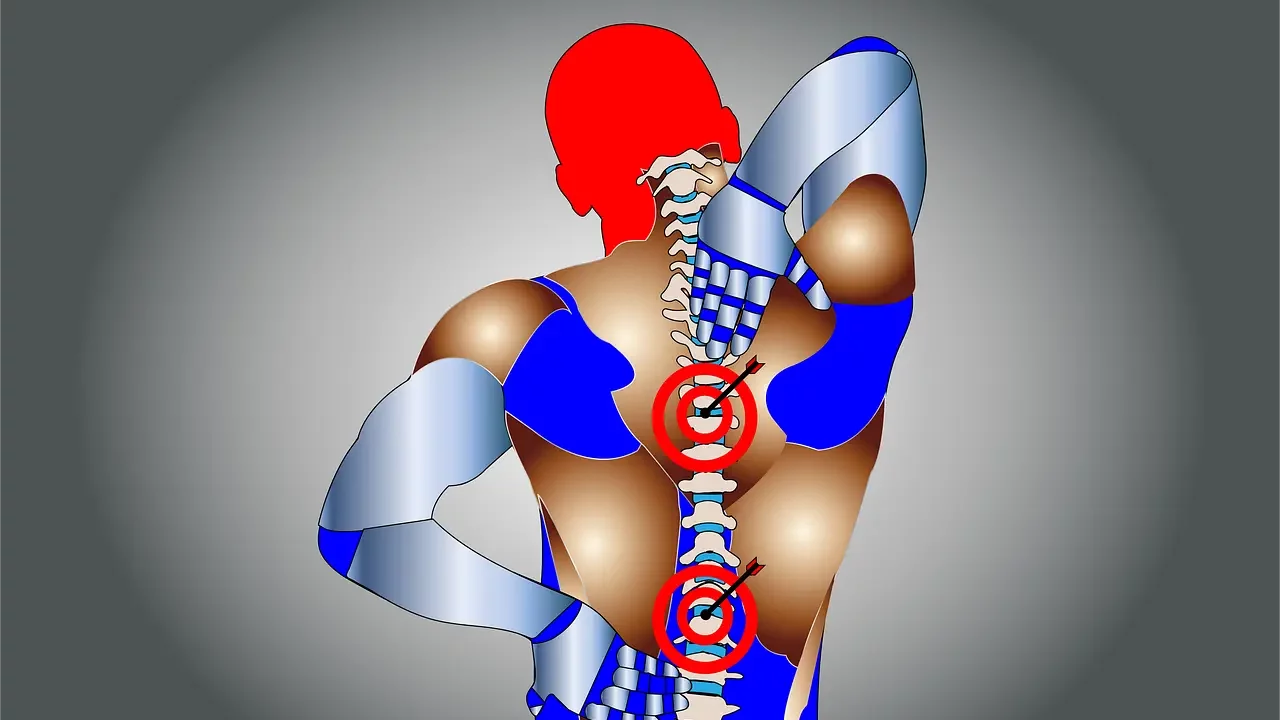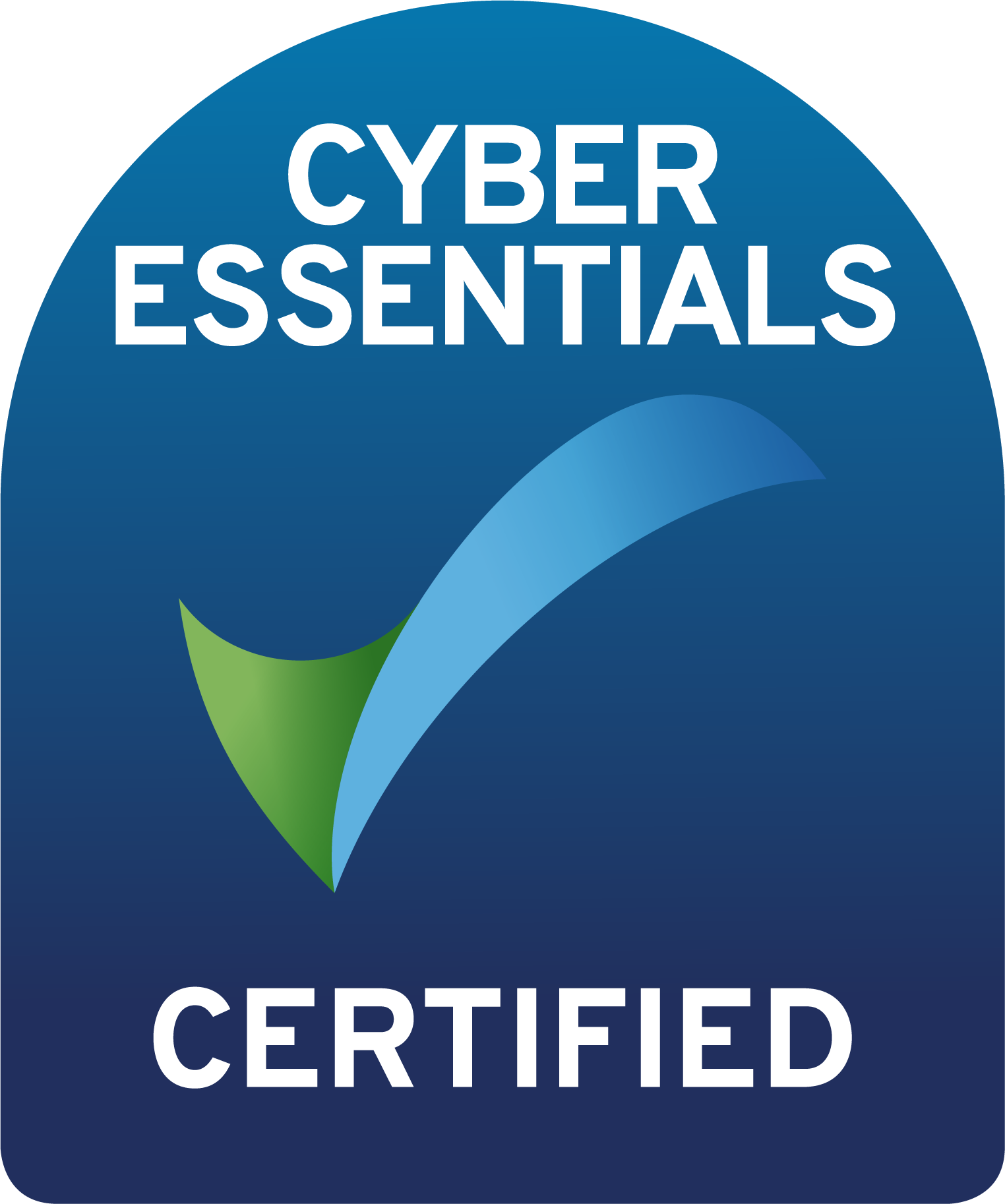Common causes of back pain
Back pain is very common, but its exact cause is often unclear, and, in most cases, if it’s not caused by anything serious it gets better over time.
There are also conditions such as Muscle strain or ligament strain which are commonly linked to back pain:
- Repetitive lifting, not necessarily heavy lifting.
- Sudden twisting or awkward movements.
- Being overweight, pregnant etc can also increase the risk
- Poor posture
Medical issues can also be the cause of back pain. E.g., Osteoporosis, nerve compressions like Sciatica, spinal fractures, herniated discs, and many others.
Both acute and chronic back pain can be associated with psychological distress in the form of anxiety and/or depression.

Some common symptoms of back pain include:
- Increasing or worsening pain when lifting or bending
- Spasmodic pain and stiffness
- Worsening pain on moving, sitting, standing, or resting
- Referred or radiating pain.
Managing back pain
Always seek medical help if you have any concerns at all.
At work, your Line Manager should ensure compliance with relevant H&S legislation e.g. DSE Regulations, Manual Handling Regulations etc.
Exercise regularly, try to keep fit, active and maintain a healthy weight
Adjust your work environment to get comfortable i.e., computer, screen, phone, chair etc. Take regular breaks.
When lifting and handling goods ensure a good technique and Risk Assessment for each tas
Keep a good posture at home as well – Arrange items to be easily reached and to stop overstretching, stand comfortably and move from foot to foot at the sink or when ironing for instance.
There is a lot of useful information on the internet, which includes exercises and advice for anyone suffering from back pain. There are many different treatments available to help with back pain and a GP can also refer to Orthopaedic Surgeons, Pain Management Clinics, CBT sessions etc. If medically indicated.
Frequently Asked Questions
What can I do to ease my back pain?
Stay active, and use an ice pack or a heat pack. Exercise and stretching may help. Anti-inflammatory medication like ibuprofen may help.
When should I see my GP?
If it is severe pain or gets worse and/or doesn’t improve after treating it at home for a few days, if your day-to-day activities are being affected or if you feel unable to cope or at all worried.
When should I phone 111?
If you have back pain and: A high temperature, you’ve lost weight without trying to, you’ve noticed a lump or swelling in your back or your back has changed shape, the pain is worse at night, doesn’t improve or gets worse when sneezing, coughing or pooing or the pain feels like it’s coming from between your shoulders.
When should I phone 999 or attend A&E?
You have back pain and: pain, tingling, weakness or numbness in both legs, numbness or tingling around your genitals or buttocks, difficulty peeing, loss of bladder or bowel control (peeing or pooing yourself), chest pain or it started after a serious accident, such as a car accident.




